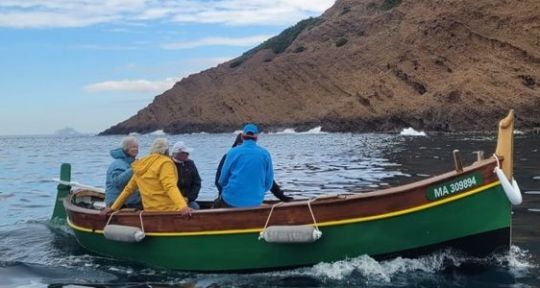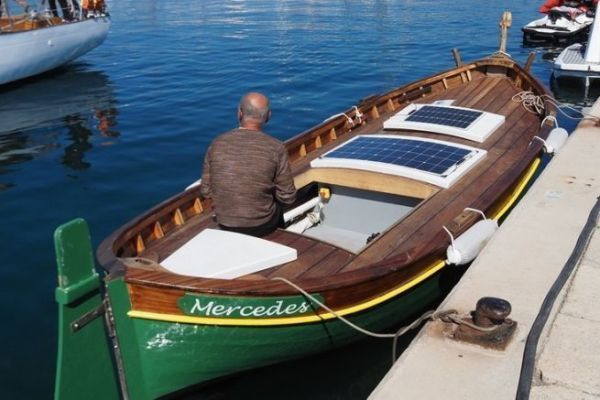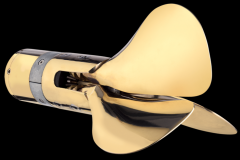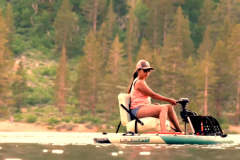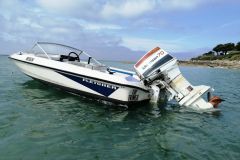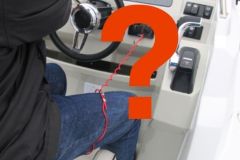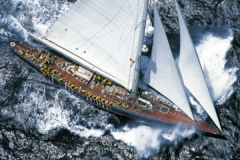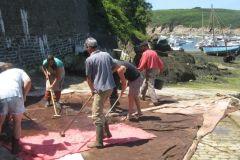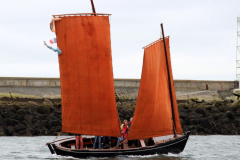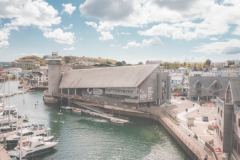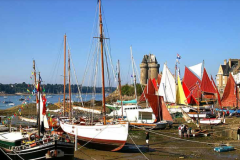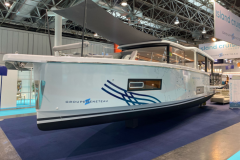A small boat built in 1913
Manufactured in the early 19 e century to the Ruoppolo workshops, the Mercedes boat was bequeathed to the Boud'mer association by the Vallalta family, after a beginning of restoration which was not completed.
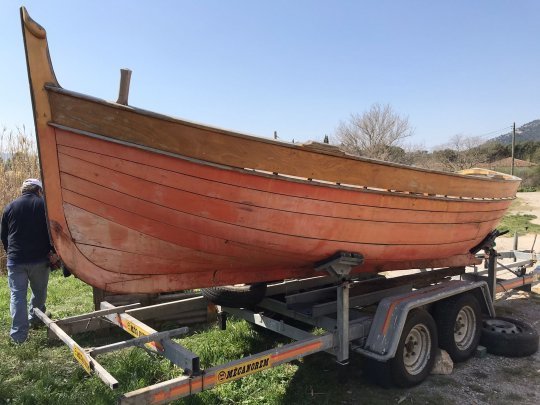
The Boud'mer association has relaunched the restoration work, with the help of many partners such as the Departmental Council of the Heritage Foundation, the MACT, the Ponant Foundation, the Lycée Poinso Chapuis and and OZO Electric.
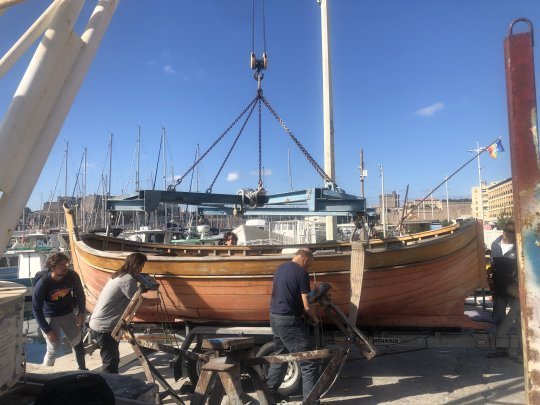
The restoration of the Mercedes barquette was carried out by the marine carpenter students of the Lycée Poinso Chapuis, offering them an opportunity to participate in the preservation of a unique maritime heritage. Wishing to limit the environmental impact of the boat, it was equipped with an electric motorization manufactured in Provence. Thanks to this innovation, the boat can navigate without emitting CO2, while limiting its noise emissions.
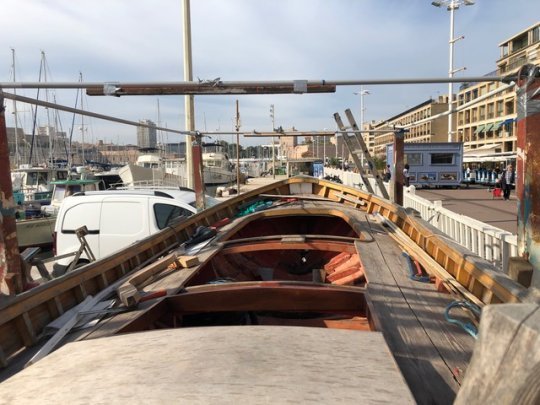
The original motorization has been replaced by a 10 kW Brushless Ozo electric motor, which is the equivalent of 40 thermal horsepower.
An innovative motorization
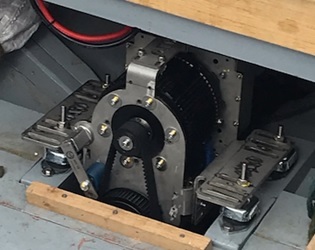
Founded in 2010, Ozo Electric specializes in the design and distribution of electrification kits. We spoke to its CEO Jean-Pascal Plumier, who talked about his involvement in the Mercedes restoration.
" We were looking for an eco-responsible project, in line with our leitmotiv which is the circular economy. The project led by the association corresponded to our values.
We have designed a custom-made battery pack for the Mercedes tray. The 48V battery of 13 Kwh weighs 90 kg. It is perfectly integrated and does not distort the aesthetics of this traditional boat. All battery data are monitored by a dedicated application. With these batteries, our goal was to give the boat an autonomy of 30 hours at 3 knots or 9 hours at 5 knots.
The batteries are fully charged in 8 hours, by being connected to a conventional port terminal. The additional charge is provided by two solar panels, which are integrated into the deck panels of the boat.
On the budget side, the whole installation costs about 10,000 euros, which is equivalent to the amount needed for a repowering with a diesel inboard. "
A successful first navigation
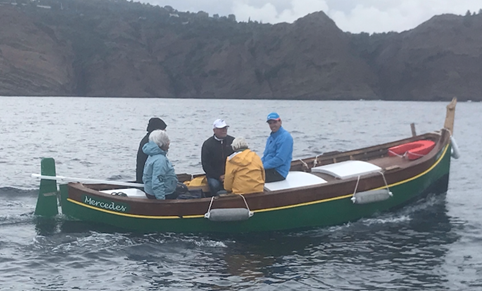
After 6 months of a complex and dense work, the Mercedes barquette found its element and made its first navigation towards La Ciotat, where it was presented to the public. This navigation of about twenty miles was done in 4h30, consuming 60% of the battery park.
The restoration of Mercedes is not yet complete - the mast and the Latin sail are still to be designed - but the most complex phase has been successfully completed.
